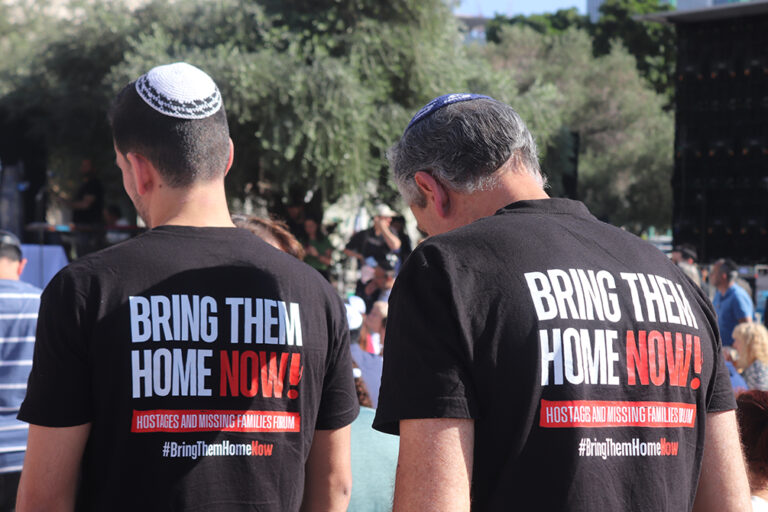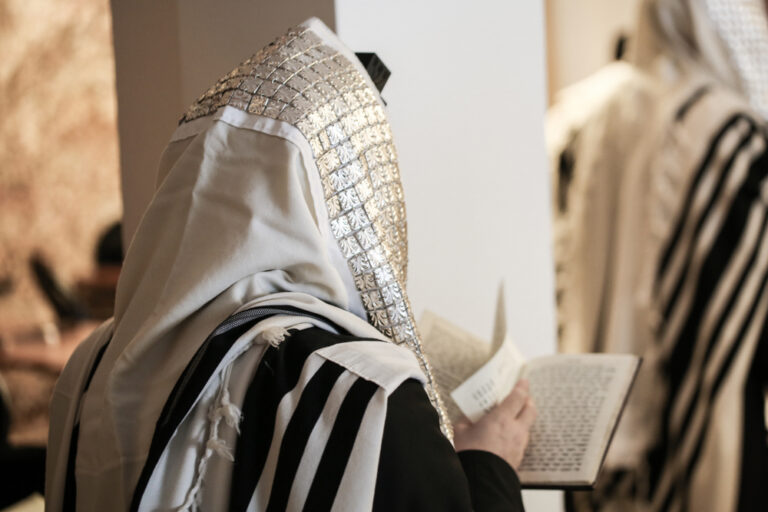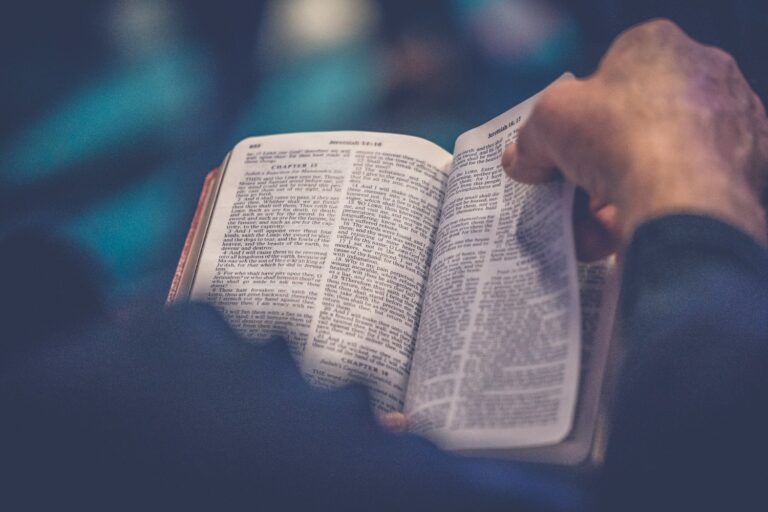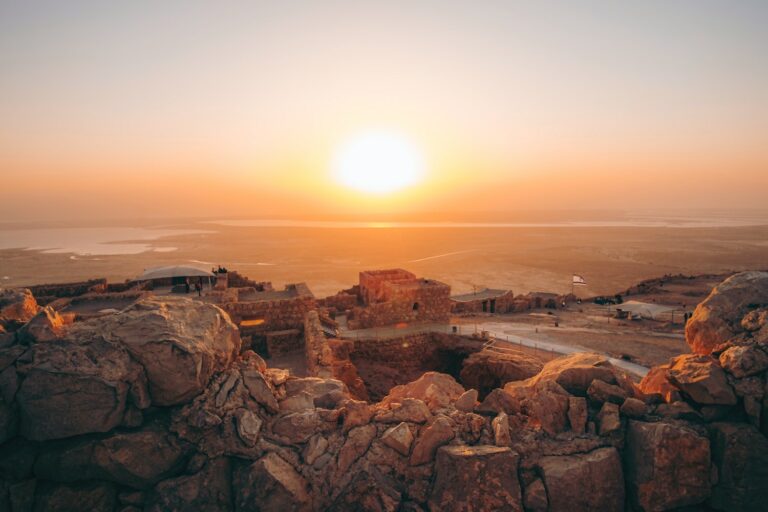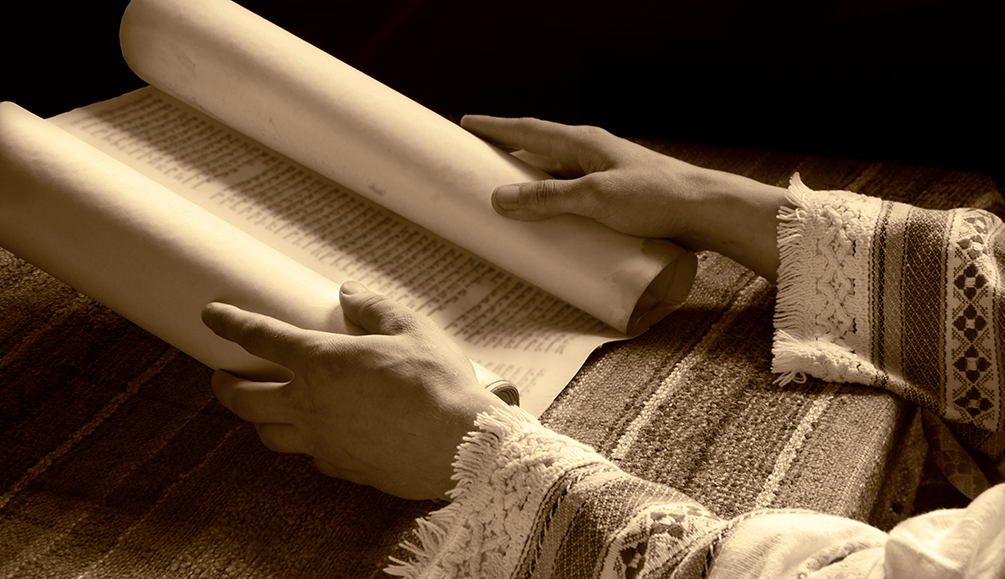
ICEJ USA Branch
God expresses something of His essence and character in the many Names he assigns to Himself in the scriptures. Being familiar with them helps us to understand the depth of this amazing God we serve. Judaism says there are 70 Names of God, here are a few.
El Shaddai
One of those descriptive names is Almighty God, or in Hebrew, El Shaddai. The first part of that Hebrew word, el, is a shortened form of Elohim that speaks of God’s strength; Shaddai means “mighty” or “strong one.” In Genesis 17 God revealed Himself to Abraham as El Shaddai, Almighty God. It was a name that conveyed God’s ability to do what He intended to do, despite how impossible it looked. He would make of Abraham and his barren wife a great nation.
As El Shaddai, He will do the same for us and we can trust in the one who is sufficient to carry out what He has promised. With Almighty God “all things are possible” (Matthew 19:26).
El Gibbor
Another similar descriptive name for God also based on el is El Gibbor, which means “the Mighty God” in the sense of a warrior—a valiant, strong, and mighty God. In modern Hebrew gibbor is the word for ‘hero’. This Hebrew word for God shows up in one of the most famous verses in Isaiah, often quoted in churches around Christmastime, about the coming Messiah:
“For unto us a Child is born, unto us a Son is given; and the government will be upon His shoulder. And His name will be called Wonderful, Counselor, Mighty God [El Gibbor], Everlasting Father, Prince of Peace.” (Isaiah 9:6)
Here Isaiah groups El Gibbor with Messiah’s ability to govern with great wisdom and the might to carry it out. This descriptive name for God reminds us to turn our eyes steadfastly on El Gibbor—who is mighty in wisdom and will help us not grow weary or lose heart—when we experience difficult circumstances beyond what we think we can handle. But at the same time, He is also our everlasting Father and Prince of Peace.
El Elyon
Another el name in Hebrew is the word El Elyon, the name “Most High God.” Elyon can be translated “strongest.” It’s derived from the Hebrew root word that means “to ascend” or “to go up,” which implies that God is not just exalted but the strongest and highest one, or the “strongest strong one.”
We see this word as a description of the God of the mysterious king of Salem, Melchizedek:
Then Melchizedek king of Salem brought out bread and wine; he was the priest of God Most High [El Elyon]. (Genesis 14:18)
But notice that in the very next verse, Melchizedek blesses Abraham, saying: “Blessed be [Abraham] of God Most High [El Elyon], possessor of heaven and earth” (Genesis 14:19). This “God Most High” has no bounds and possesses all created things. The name El Elyon also shows up several times in the Psalms. For example, in Psalm 57:2, the psalmist says he cries out “to God Most High, to God who fulfills his purpose for me” (ESV). El Elyon is a reminder that our God is limitless. As the “strongest strong one,” He will carry out His purposes on earth—and in our lives.
El Ohem
El Olam, or “Everlasting God,” is yet another el name for God. God’s nature is without beginning or end, free from all the constraints of time human beings live in. He is the God who was, who is, and who is to come. This means His characteristics are eternal and do not weaken! Consider Isaiah 40:27–29:
“Why do you say, O Jacob, and speak, O Israel: “My way is hidden from the Lord, and my just claim is passed over by my God”? Have you not known? Have you not heard? The everlasting God [El Olam], the Lord, the Creator of the ends of the earth, neither faints nor is weary. His understanding is unsearchable. He gives power to the weak, and to those who have no might He increases strength.”
The Everlasting God is abounding in eternal strength. He does not get tired or grow weary; therefore, we can go to Him in times of weakness and receive the power and strength we need. We can trust in the eternal nature of El Olam, who is always faithful, longsuffering, loving, and merciful. His character is the same today as it was yesterday and will always be.
El Roi
After Sarah’s maid Hagar conceived a child with Sarah’s husband, Abraham, Sarah dealt harshly with her, and Hagar fled to the wilderness. Alone and desperate, the Angel of the Lord met her there: “Behold, you are with child, and you shall bear a son. You shall call his name Ishmael, because the Lord has heard your affliction. He shall be a wild man; his hand shall be against every man, and every man’s hand against him. And he shall dwell in the presence of all his brethren.” Then she called the name of the Lord who spoke to her, You-Are-the-God-Who-Sees [El Roi]; for she said, “Have I also here seen Him who sees me?” (Genesis 16:11–13)
Note from this passage that the “God Who Sees” (El Roi in Hebrew) is also the God who hears—and these two descriptions of God are beautifully connected. In this passage, God acknowledges Hagar’s pregnancy and gives her the child’s name: Ishmael, which means, “God hears.” Hagar responds by calling the name of the Lord who spoke to her, the “God Who Sees.” God’s name El Roi reminds us that when we feel invisible or unheard, God sees us and hears the cries of our hearts.
Adonai Yirah
Interestingly, El Roi is connected to another name for God, Adonai Yirah. Some versions of the Bible translate God’s premier name, the unpronounceable YHVH, as Jehovah so in Genesis 22, it is seen as Jehovah Jireh. It is used only once. Jews do not attempt to pronounce the Name YHVH of God, but substitute Adonai that we translate as LORD in upper case usually, to distinguish from Adon meaning lord or master. In speech they may say HaShem which is simply The Name.
God had instructed Abraham to take his son Isaac up the mountain and offer him as a sacrifice. Abraham obeyed, but God intervened and stopped him, telling Abraham that He would instead provide a ram in a thicket. In response, Abraham dedicated the altar on which he almost sacrificed his son as “The Lord Will Provide,” or Adonai Yirah.
Incredibly, the Hebrew word yireh (Jireh in English) is based on the same Hebrew root word for roi seen in God’s name El Roi, the God Who Sees. Therefore, the God Who Sees is the God Who Provides.
Our God is mighty and strong, from everlasting to everlasting, with no beginning and no end. Yet He is not distant—He is so close He sees you, just as He saw Hagar. He sees you in your difficulties and hears the cries of your heart. Though you may feel exhausted or drained, God never grows tired or weary. No matter what you are experiencing, no matter how challenged, lonely, or defeated you feel, God will give you strength.
